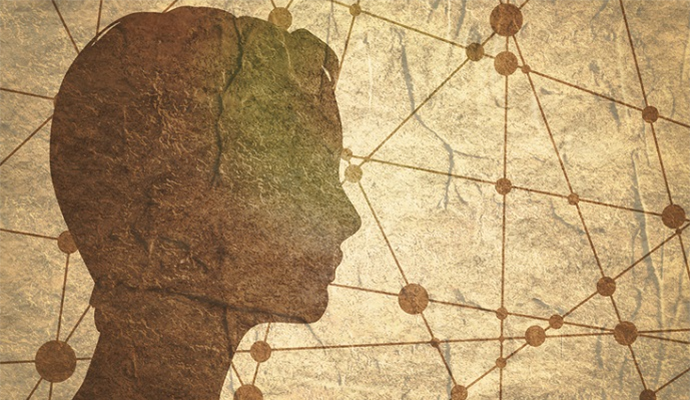AI Model Enables Alzheimer’s Disease Detection from Brain MRIs
A research team at Massachusetts General Hospital developed an artificial intelligence model that uses routinely collected clinical brain images to detect Alzheimer's disease.

Source: Getty Images
- Published in PLOS ONE, a recent study described how a team of researchers at Massachusetts General Hospital (MGH) developed and validated an artificial intelligence (AI) model, specifically a deep-learning model, to analyze data from brain magnetic resonance images (MRIs) to detect Alzheimer's disease.
According to the Centers for Disease Control and Prevention (CDC), around 5.8 million people in the US had Alzheimer's disease in 2020.
Recently, a research team led by Matthew Leming, PhD, a research fellow at MGH’s Center for Systems Biology and an investigator at the Massachusetts Alzheimer’s Disease Research Center, used deep learning to train a new model to detect the disease. MGH is the largest teaching hospital of Harvard Medical School.
To create the model, they leveraged data from brain MRIs of patients with and without Alzheimer’s disease, all of whom visited MGH prior to 2019.
They then applied the model to five separate datasets: MGH data post-2019, Brigham and Women’s Hospital data pre- and post-2019, and external systems data pre- and post-2019. In total, there were 11,103 images from 2,348 unique patients at risk for developing Alzheimer’s disease and 26,892 images from 8,456 unique patients who were not at risk for developing the disease.
The researchers aimed to determine whether the model could accurately detect the disease using real-world clinical data, irrespective of hospital and timeframe.
Following application, they found that the model was able to detect Alzheimer's disease risk with an accuracy level of 90.2 percent across all five data sets.
One of the key features of the model is that it can detect the disease without leveraging other variables, like age,
“Alzheimer's disease typically occurs in older adults, and so deep learning models often have difficulty in detecting the rarer early-onset cases,” said Leming in a press release. “We addressed this by making the deep learning model ‘blind’ to features of the brain that it finds to be overly associated with the patient's listed age.”
Leming also noted a common limitation related to disease detection in real-world settings: a deep learning model trained on one dataset may not accurately apply to another.
The new model, however, uses an uncertainty metric to determine whether the patient data is different enough from the training set that the model cannot make an accurate prediction.
“This is one of the only studies that used routinely collected brain MRIs to attempt to detect dementia. While a large number of deep learning studies for Alzheimer’s detection from brain MRIs have been conducted, this study made substantial steps towards actually performing this in real-world clinical settings as opposed to perfect laboratory settings,” said Leming in the press release. “Our results—with cross-site, cross-time, and cross-population generalizability—make a strong case for clinical use of this diagnostic technology.”
AI is increasingly being applied to care for those with cognitive impairment.
In April 2022, Geisinger and Eisai announced plans to test the effectiveness of an AI algorithm in identifying individuals with cognitive impairment who are at risk of developing dementia.
Researchers noted that this process would involve reviewing the abilities of an AI algorithm in defining cognitive impairment, which would provide further insight into how successful it is in identifying dementia-related diseases.
According to the study, about 40 to 60 percent of adults with probable dementia do not get diagnosed. But researchers noted that AI could potentially enhance this process, leading to earlier diagnoses and more time for treatment.
